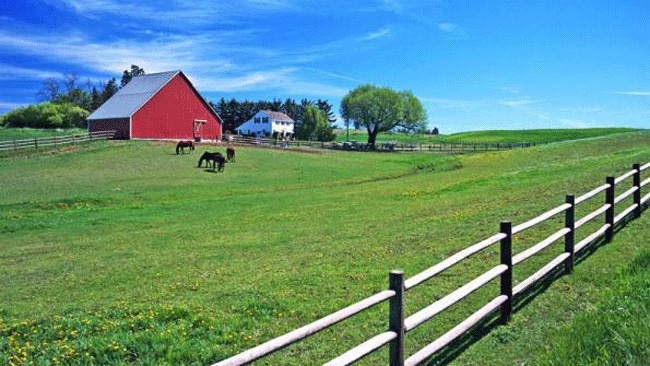
New taxes burdensome for farm, ranch families
• The new Medicare Contribution Tax, which is a tax on unearned income such as capital gains, will burden farmers and ranchers more than many other taxpayers because farming and ranching is a capital-intensive business.• Further, the imposition of the Medicare Contribution Tax when a farm or ranch is sold amounts to a “retirement tax” on agricultural producers because it will go into effect when farmers sell their businesses to fund retirement.
March 11, 2013

New Medicare taxes, the health insurance tax and penalties for failure to meet coverage requirements will harm the nation’s farm and ranch families, the American Farm Bureau Federation told Congress March 5.
The new Medicare Contribution Tax, which is a tax on unearned income such as capital gains, will burden farmers and ranchers more than many other taxpayers because farming and ranching is a capital-intensive business, AFBF noted in a statement submitted to the House Subcommittee on Oversight of the Ways and Means Committee.
Further, the imposition of the Medicare Contribution Tax when a farm or ranch is sold amounts to a “retirement tax” on agricultural producers because it will go into effect when farmers sell their businesses to fund retirement.
Beginning farmers could be affected as well, as adding this tax on top of capital gains taxes will make it more difficult for them to acquire land needed to get started in business.
Farm Bureau supports repeal of the 3.8 percent Medicare Contribution Tax that will be applied to “unearned” income of so-called high-income taxpayers and the new 0.9 percent Medicare tax that will be imposed on wages and self-employment income above established thresholds for high-income individuals.
Farm Bureau also supports legislation to repeal the Health Insurance Tax as it will raise insurance costs, making it harder for farmers and ranchers to purchase coverage for themselves, their families and their employees.
In addition, the health insurance coverage mandate accompanied by the threat of a tax penalty for non-compliance is only making the situation worse for people unable to afford health care coverage in the first place, according to AFBF.
“Rural American families already pay a greater percentage of their after-tax family income on health insurance than urban American families,” noted AFBF.
According to the Council of Economic Advisors, nearly one-quarter of families in rural areas spend more than 10 percent of their income on health insurance coverage, compared with 18 percent in urban areas hitting that level.
Protecting farmers’ and ranchers’ interests in debates on tax reform is a priority included in AFBF’s strategic action plan for 2013.
You May Also Like



